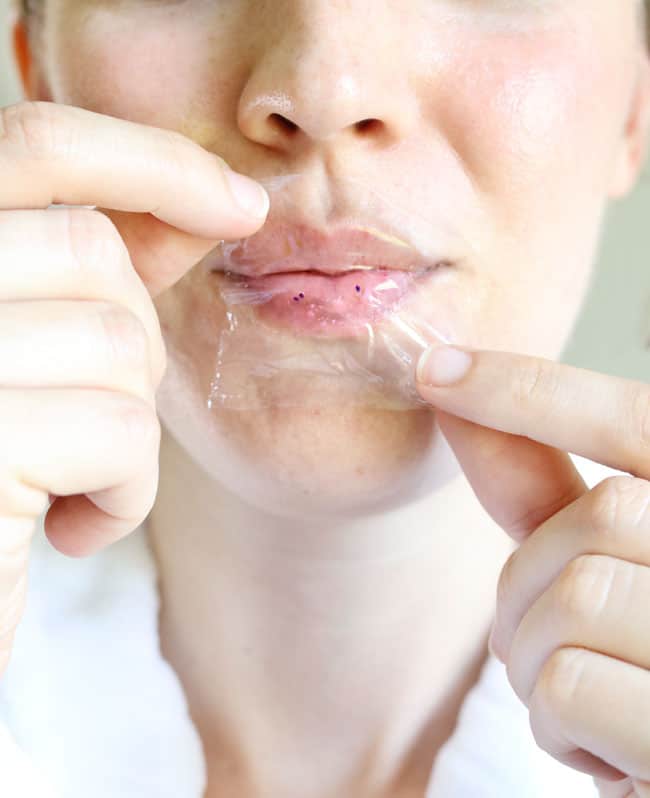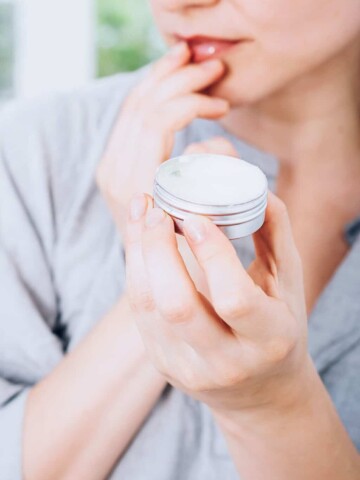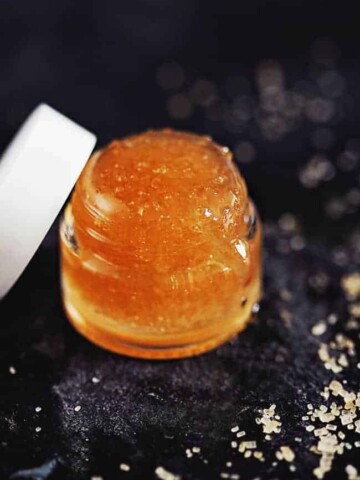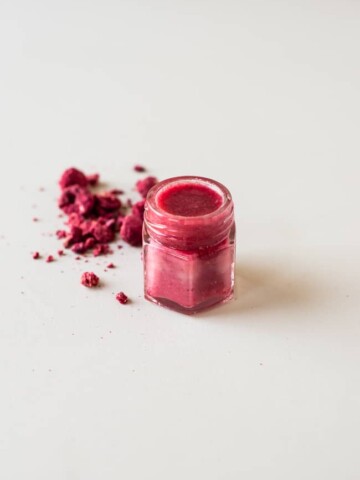Did you know that lips lack the oil glands necessary to keep their thin, delicate skin moisturized, and this can quickly lead to dryness, cracks, and redness? If you're suffering from dry, flaky, or even painfully chapped lips, here are 12 natural ways to heal them and keep them soft and moisturized. Scroll down for the best chapped lips treatments we tried:
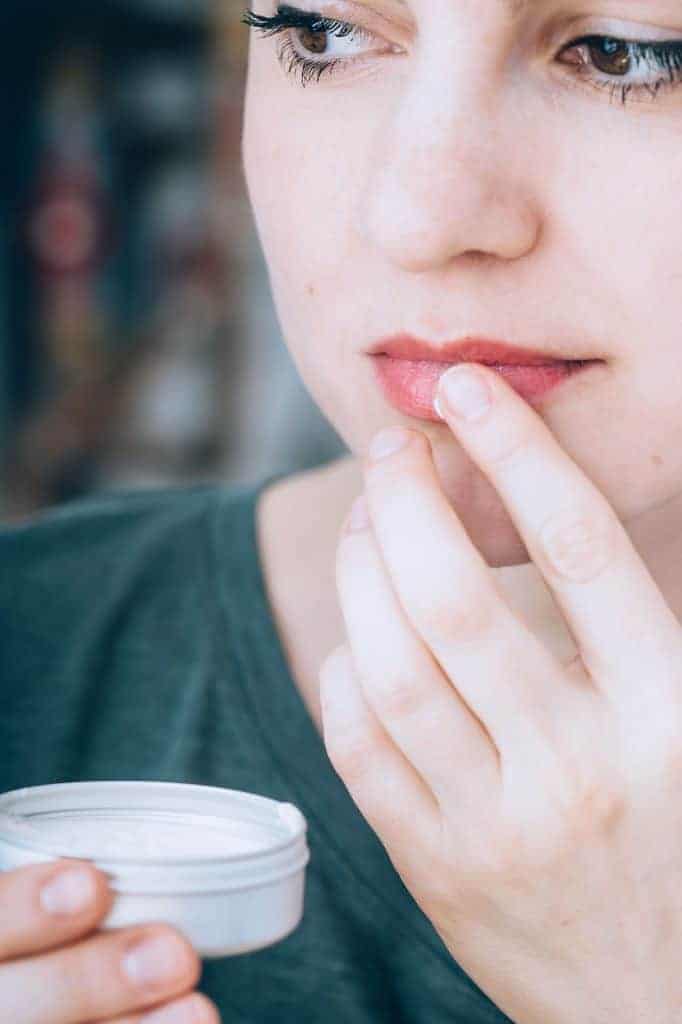
Meet the experts
- Mary Alice Mina, M.D., Atlanta-based dermatologist and Mohs surgeon
- Ami Dalal, PA-C, certified physician assistant at Schweiger Dermatology Group
- Purvisha Patel, M.D., dermatologist and founder of Visha Skincare
- Elaine Kung, M.D., NYC-based cosmetic dermatologist
- Hadley King, M.D., NYC-based dermatologist
Jump to:
Why do our lips get more chapped during fall and winter? There are a number of reasons, including the fact that the air is drier and less humid, our showers get warmer and warmer, and the use of heating in our homes removes moisture, making the air even drier, explains Mary Alice Mina, M.D., an Atlanta-based dermatologist and Mohs surgeon.
“As such, it’s important to take special precautions in the winter months to protect our skin barrier with thicker moisturizers and by minimizing products that may worsen dryness."
1. Gently exfoliate
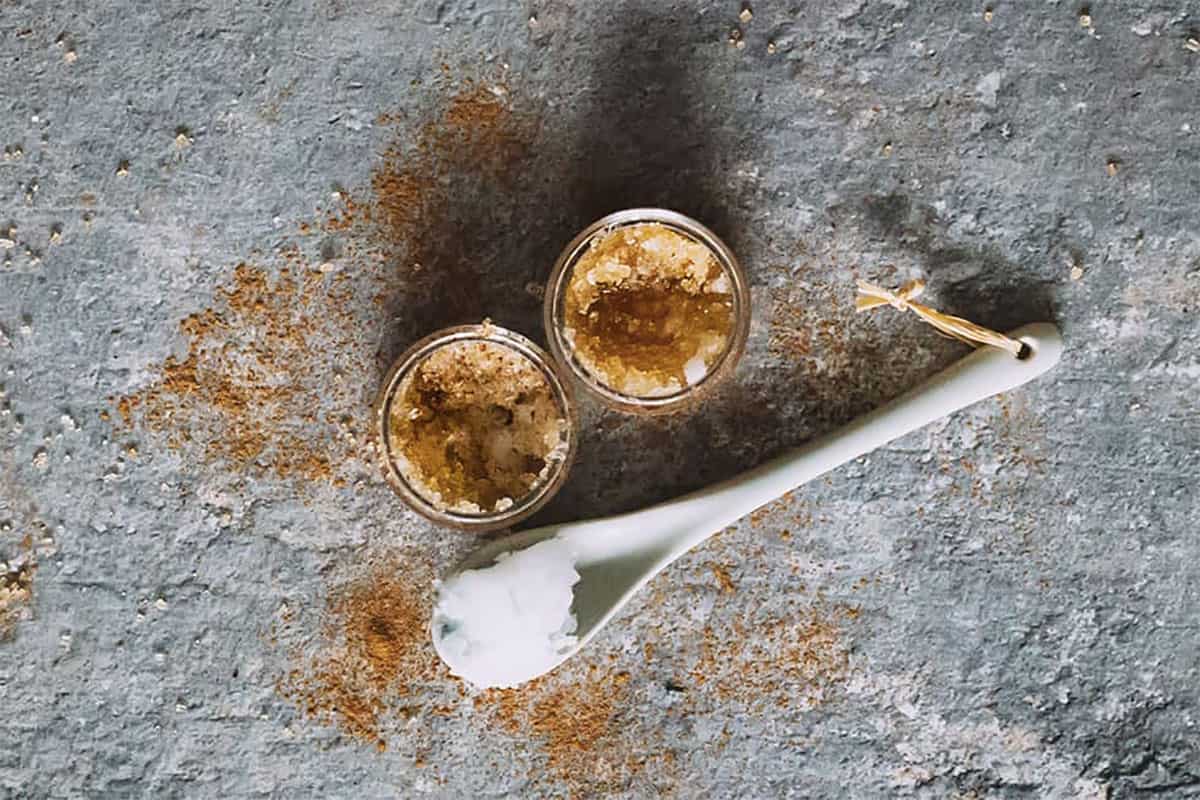
"A gentle sugar scrub is a great way to exfoliate and prep the lips to soak in any lip balm/soothing ointment you apply after," notes Ami Dalal, PA-C, certified physician assistant at Schweiger Dermatology Group in Middletown, New York.
You can go crazy making lip scrubs using fun flavors like peppermint or vanilla, but a simple combo of oil and sugar, plus a dash of honey, will do the trick. This honey sugar lip scrub is a simple and classic chapped lips treatment.
Here's a recipe for guidance, but precision isn’t necessary—you basically want equal parts liquid and sugar. Then use your fingertip to apply the mixture to your lips and gently scrub. Rinse with warm water when you're done.
- 2 teaspoons sugar (you can use pretty much any sugar: raw sugar, brown sugar, or regular sugar)
- 1 teaspoon organic raw honey
- 1 teaspoon almond oil
If slathering honey and sugar on your lips doesn't sound appealing (hey—to each her own), try a very gentle scrub with the softest toothbrush you can find, once or twice daily, to exfoliate.
Be sure to apply a layer of vaseline or an occlusive lip balm on top of your lips to trap in moisture, notes Purvisha Patel, M.D., dermatologist and founder of Visha Skincare.
2. Repair overnight
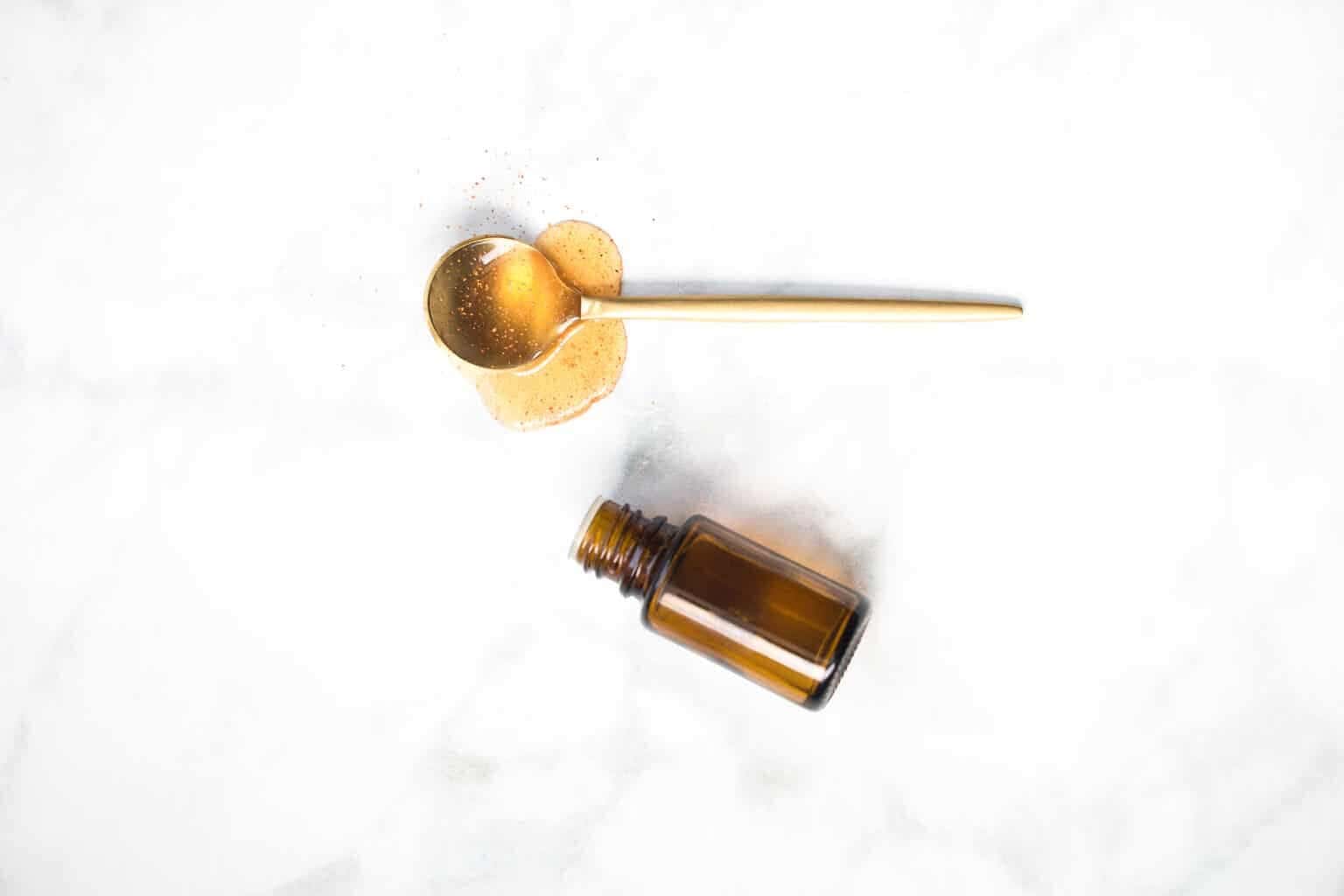
Follow up the exfoliation with a simple overnight lip repair mask. Once those dry, dead layers are gently exfoliated, your lips will be primed for maximum moisture absorption. You can try a collagen-infused mask or make your own.
Honey helps your skin retain moisture, and vitamin E can be used to treat the dry patches. Wear the mixture on your lips overnight and then wipe off any excess in the morning.
- 1 teaspoon vitamin E oil (about 3 vitamin E capsules)
- 1 teaspoon honey
Even easier, just slather some coconut oil on your lips at night. By morning, they'll be soft, supple, and crack-free.
3. Make your own lip balm
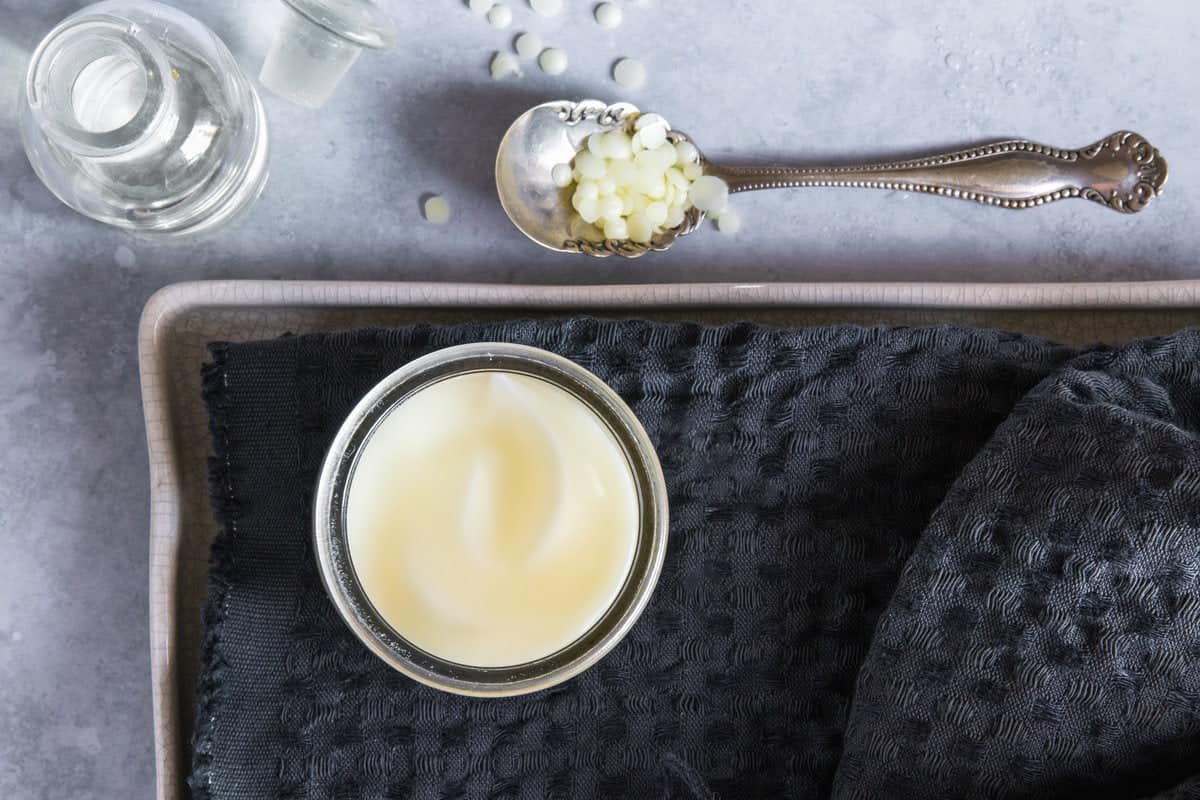
You can DIY lip balm. Seriously, it's easy, so go try it! That way, you can skip ingredients like lanolin (aka sheep grease—Ew!), parabens, and fragrances. I highly recommend using honey in your lip balm; it makes an effective chapped lips treatment.
Manuka honey from New Zealand has antibacterial properties [source] and is especially anti-inflammatory [source]. You can also skip animal products altogether with a vegan lip balm recipe that doesn’t contain beeswax or honey.
4. Use thick emollients
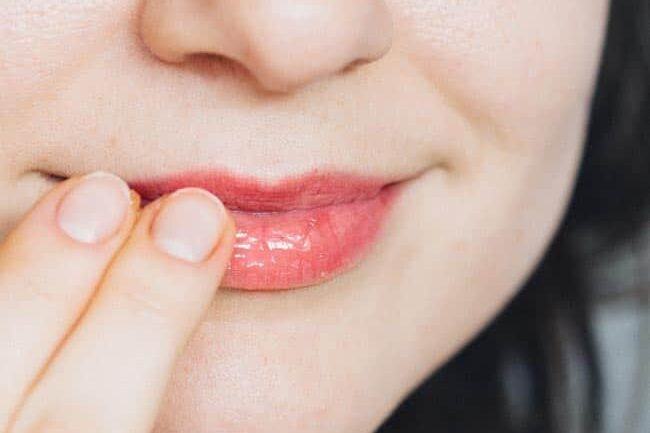
Waxes coat the lips, forming a protective layer that tends to stay on longer than an oil. For a DIY approach, make this all-purpose body balm.
It's soft enough for really dry lips, but the beeswax creates a protective layer—so you won't be reapplying on the hour. It also includes cocoa butter and coconut oil and has a ton of other uses.
Coat your lips with a thin layer of oil, like sweet almond or coconut. These rich oils can be used head to toe—including on dry, chapped lips. We love the almond oil used in this DIY warming vanilla-chai oil, which is totally safe for your lips.
5. Soothe cracks with vitamin E
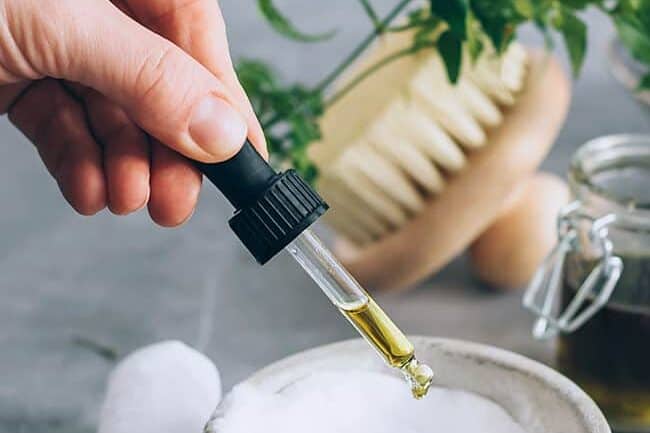
If your lips are starting to get cracked and painful, open up a vitamin E capsule and put a little of the gel right on the problem spots (this works well for the corners of your mouth, too). Layer it over homemade lip balm or coconut oil to heal overnight.
6. Try a lip mask
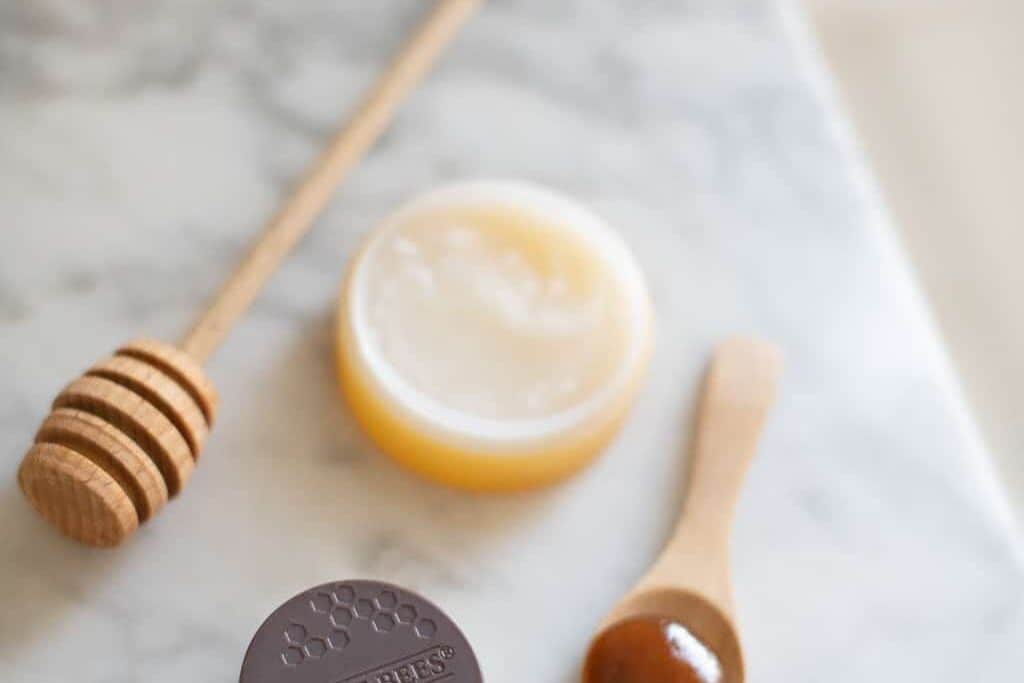
My chapped lips love this soothing lip mask mixture that uses milk's lactic acid to exfoliate rather than a scrub. Rose oil is packed with antioxidants and works as an anti-inflammatory to ease irritated skin [source].
All that, and the subtle rose aroma and flavor, is a relaxing bonus.
- 2 tablespoons milk
- 1 drop rose absolute essential oil
Combine the milk and essential oil in a small dish. Dip a cotton ball into the mixture and apply it to the lips.
Let the liquid sit on your lips for 5 minutes (you can hold the cotton ball to your lips if you want). Refrigerate any extras and use within 2 weeks.
7. Skip menthol and camphor
If you're not ready to DIY, then at least toss any balms made with menthol or camphor. Those ingredients draw moisture from your lips, which just makes chapping worse! Plus, you don't want to be licking your lips and ingesting that all day.
Look for balms that contain coconut oil, shea butter, cocoa butter, or beeswax, or try one of these natural lip balm options.
8. Make smart lipstick picks
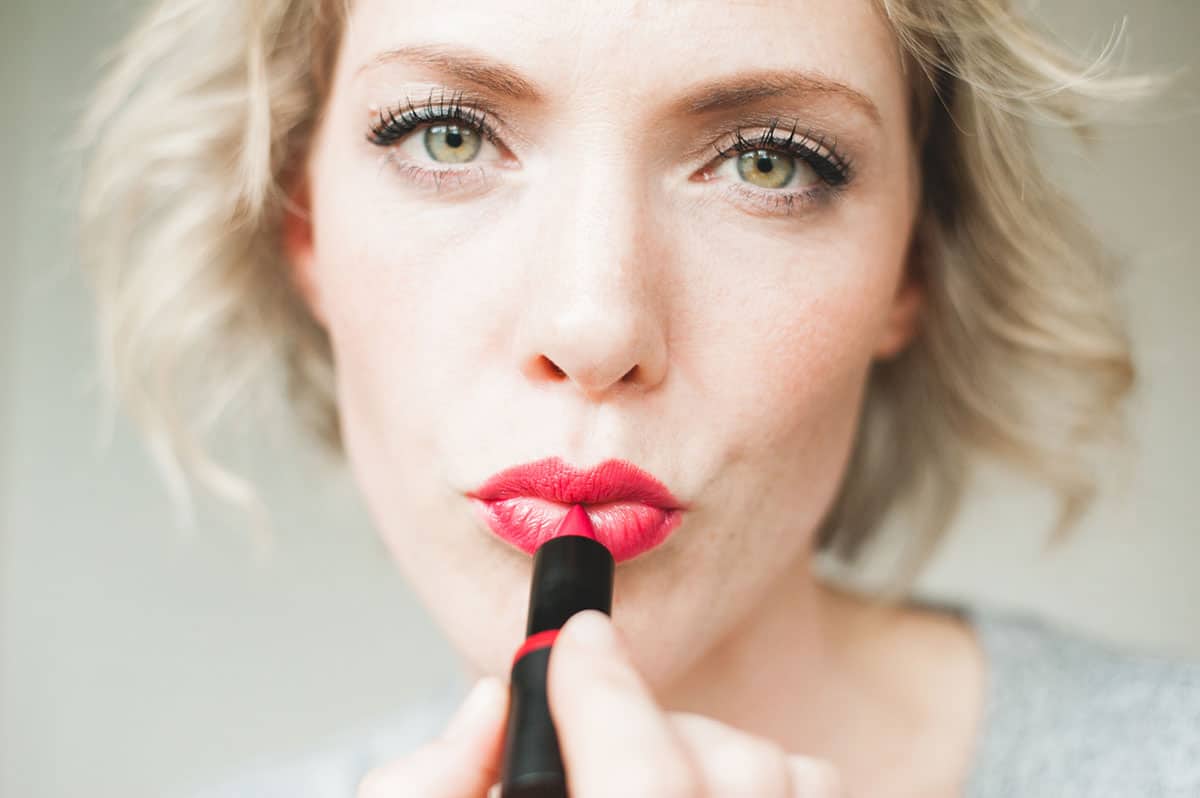
And don't forget about your lipstick! Some of those “long-lasting” lipsticks will turn your lips drier than the Sahara desert. They suck the moisture out of your lips, and when the color settles into those lip grooves, it’s not a pretty sight.
Try a lip gloss with a hint of color from raspberry or cranberry or a lip oil for a similar look. For lipstick diehards, Burt’s Bees is one that uses natural moisturizing ingredients like moringa oil and raspberry seed oil.
9. Protect lips from the sun
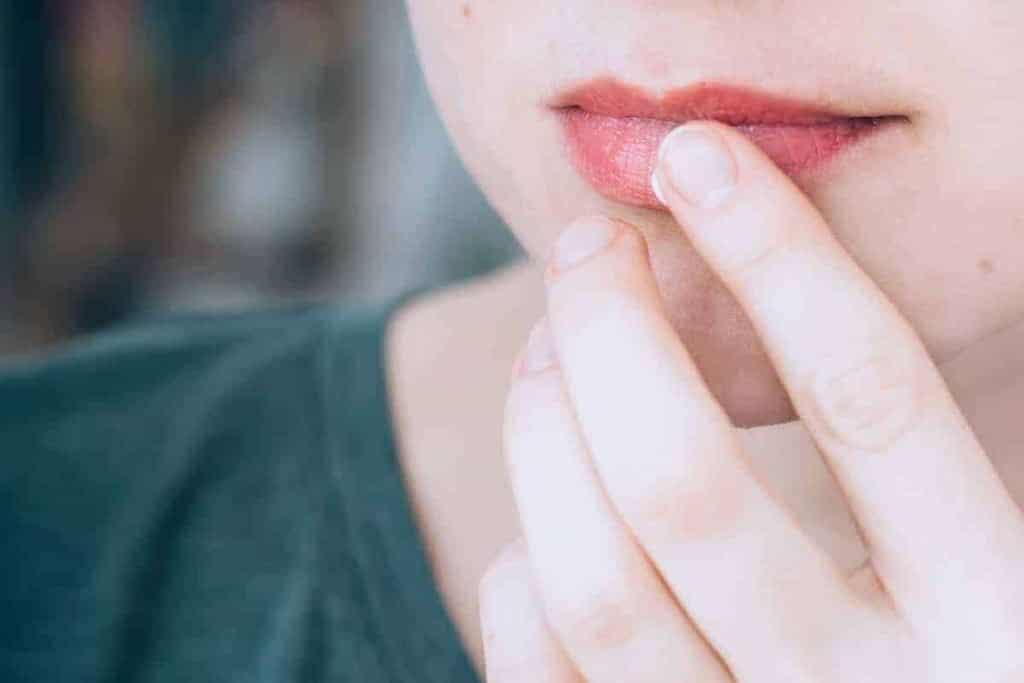
No matter the season, sun exposure will dry out your lips. And no joke, lip sunburns are super painful and can lead to lots of miserable peeling.
The sun can also be a trigger for cold sores. So when you're putting on your daily sunscreen, don't forget to protect your lips (a SPF lip balm could be a good option for you!)
10. Hydrate from the inside
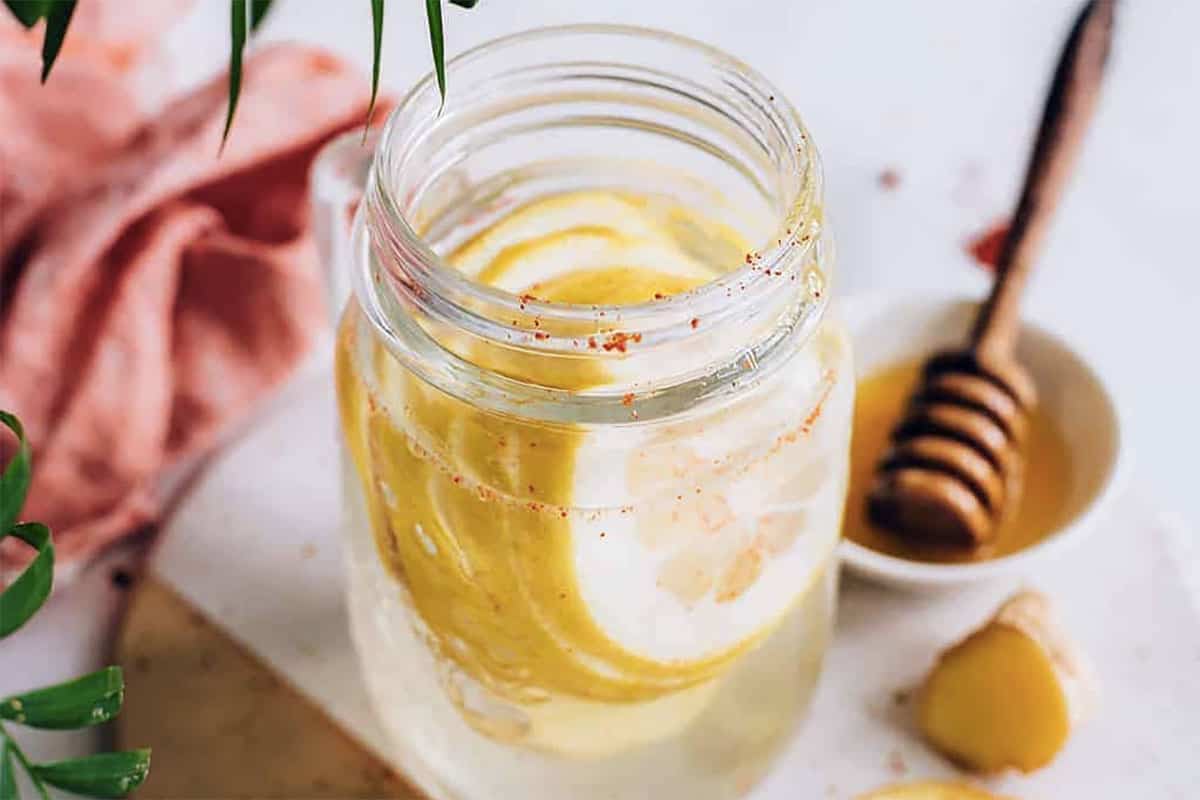
Besides the frequent application of lip care products to repair the skin barrier and hydrate the lips, New York City-based cosmetic dermatologist Elaine Kung, M.D., suggests drinking water. If you're hydrated, your lips will be, too.
Drinking water can be even harder to do when it’s cold in winter, so if you're having trouble getting to 64 ounces each day, try these hydration hacks. I find I'm relying more on herbal tea when the temperature drops—and when you're ready to venture beyond peppermint, here's a great breakdown of new types to try.
11. Invest in a humidifier
The other game changer for my skin was running a humidifier at night. "Because it is drier and colder in the winter and fall months, it’s good to have a humidifier throwing moisture back into the air," says Dalal. "Doing this also restores some moisture to the lips and helps keep them hydrated."
Rather than suffering through dry skin and lips, invest in an inexpensive warm mist humidifier for an unexpected chapped lips treatment.
12. Don't pick!
Prevention is the best chapped lips treatment, but what if you're already there? One of the worst lip habits you can have is picking, which you might be tempted to do if your lips are super dry.
"This delicate skin won't heal if the dry parts are continually picked off," warns NYC-based dermatologist Hadley King, M.D. "The dead skin needs to stay on until the new skin developing underneath is ready to be exposed."
This post was medically reviewed by Dr. Jennifer Haley, a board-certified dermatologist with extensive experience in medical, cosmetic, and surgical dermatology. Learn more about Hello Glow’s medical reviewers here. As always, this is not personal medical advice, and we recommend that you talk with your doctor.
142
